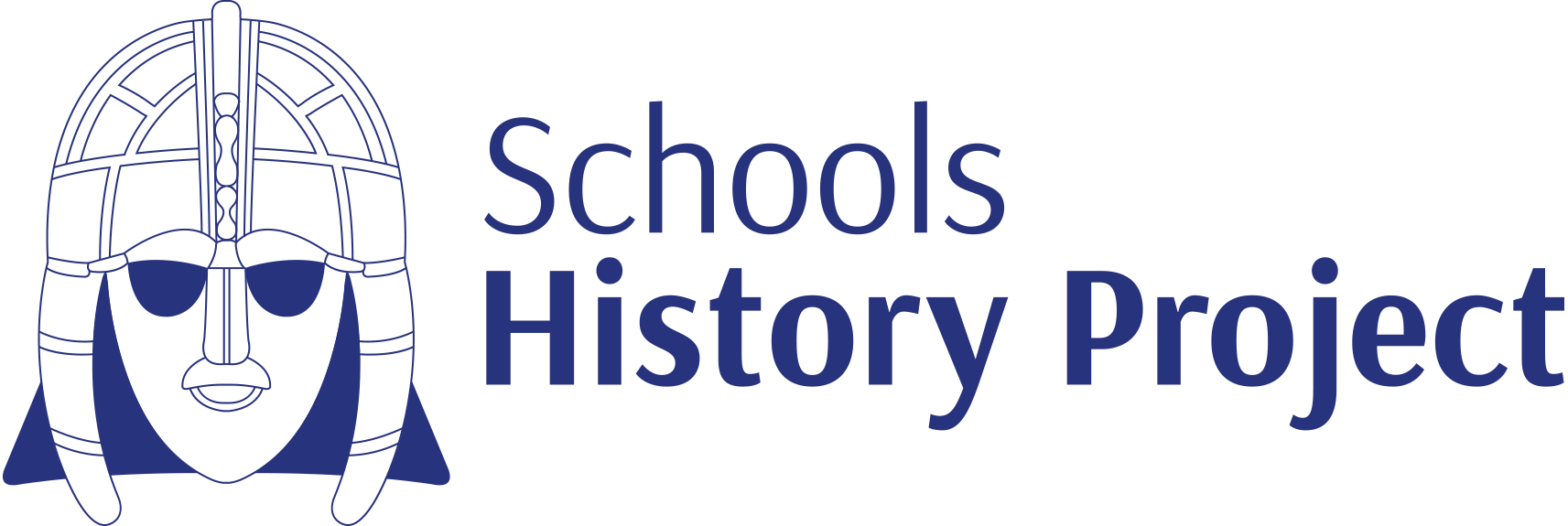The Schools Council Project History 13-16 was set up in 1972 to undertake a radical re-think of the purpose and nature of school history. It sought to revitalize history teaching in schools and to halt the erosion of history’s position in the secondary curriculum.
The Project developed a rationale based on the belief that, in order to meet their needs, young people should be introduced to history as a discipline with its own characteristic ways of exploring and making sense of human experience in the past. The Project team developed a framework for school history centred on the investigation of events and situations using the surviving evidence, and modes of explanation rooted in the concepts of change, causation and empathy. In common with progressive thinking at the time, this meant widening the range of understandings that could be expected of young people studying history.
Pupil Needs
In developing a rationale for the content of an appropriate course, the Project began by identifying five needs of 13-16 year olds that such a course might meet:
- The need to understand the world in which they live
- The need to find their personal identity by widening their experience through the study of people of a different time and place
- The need to understand the process of change and continuity in human affairs
- The need to begin to acquire leisure interests
- The need to develop the ability to think critically, and to make judgements about human situations
Classroom reality
The Project turned this rationale into classroom reality through the construction of innovative courses, assessment structures and resources. A syllabus framework for 14-16 year olds was developed which reflected the diversity of history as a subject. The five needs above were translated into a course made up of a study in development, a depth study, a modern world study and a study of the local historic environment. By setting out to engage young people with the nature of historical enquiry in this way, the course represented a radical departure from existing practice in public examinations. So too did SHP’s approach to assessment.
In order to assess the wide range of understandings and skills demanded by the course, mark-schemes based on levels of response, derived from actual pupils’ answers, were devised and developed. The first candidates were assessed in 1976.To support these new courses and assessment methods, SHP produced a range of resources. An introductory course, ‘What is History’, was produced alongside the resources for the examination courses, and, in due course, this was supplemented by materials for an 11-13 history course structured around the concepts of evidence, change, causation and empathy.
From the outset, the Project recognised that its new approaches and resources had important implications for pedagogy. It promoted classroom methods which created active learning situations for the pupil, rather than those which cast the teacher in the role of transmitter of information.
And 50 years on …
In many respects school history has been transformed since the 1970s. Building on the original work of the Project, history educators have developed a clearer and more detailed articulation of history as a discipline underpinned by its own knowledge, concepts and processes. Over the last four decades, much of SHP’s distinctive original philosophy has been incorporated into the mainstream.
Many of the Project’s principles have been enshrined in the National Curriculum for History, and in GCSE and A level history criteria. That SHP has had such profound impact on school history in general, is testimony to the integrity of the Project as it was originally conceived. However, a further significant factor in the transformation of school history has been the continuing willingness of history educators to engage in innovative theorizing based on practical classroom experimentation.
In particular, we have witnessed some major shifts in practice centred on the integration of historical knowledge and conceptual understanding, extended writing, the blending of depth and outline knowledge, interpretations of history, historical enquiry, and the concepts of significance, change and diversity. The Schools History Project will continue to challenge and support history educators as they push forward the boundaries of school history in the years ahead.
